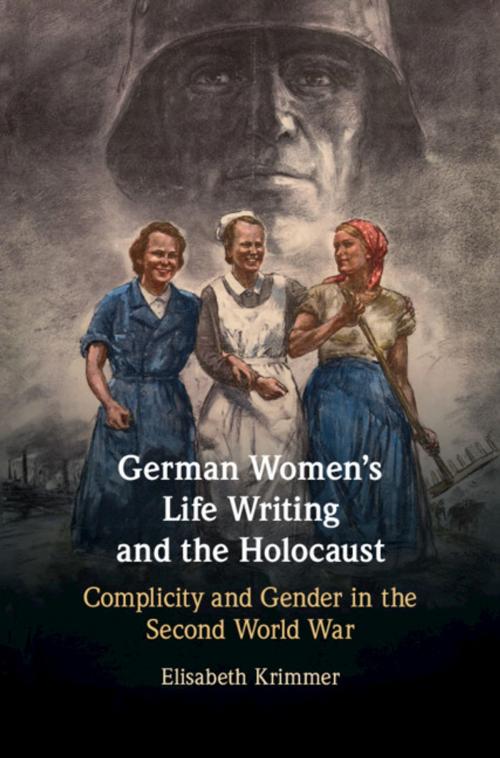German Women's Life Writing and the Holocaust
Complicity and Gender in the Second World War
Fiction & Literature, Literary Theory & Criticism, European, Nonfiction, History| Author: | Elisabeth Krimmer | ISBN: | 9781108658560 |
| Publisher: | Cambridge University Press | Publication: | August 31, 2018 |
| Imprint: | Cambridge University Press | Language: | English |
| Author: | Elisabeth Krimmer |
| ISBN: | 9781108658560 |
| Publisher: | Cambridge University Press |
| Publication: | August 31, 2018 |
| Imprint: | Cambridge University Press |
| Language: | English |
This important study examines women's life writing about the Second World War and the Holocaust, such as memoirs, diaries, docunovels, and autobiographically inspired fiction. Through a historical and literary study of the complex relationship between gender, genocide, and female agency, the analyzes correct androcentric views of the Second World War and seek to further our understanding of a group that, although crucial to the functioning of the National Socialist regime, has often been overlooked: that of the complicit bystander. Chapters on army auxiliaries, nurses, female refugees, rape victims, and Holocaust survivors analyze women's motivations for enlisting in the National Socialist cause, as well as for their continuing support for the regime and, in some cases, their growing estrangement from it. The readings allow insights into the nature of complicity itself, the emergence of violence in civil society, and the possibility of social justice.
This important study examines women's life writing about the Second World War and the Holocaust, such as memoirs, diaries, docunovels, and autobiographically inspired fiction. Through a historical and literary study of the complex relationship between gender, genocide, and female agency, the analyzes correct androcentric views of the Second World War and seek to further our understanding of a group that, although crucial to the functioning of the National Socialist regime, has often been overlooked: that of the complicit bystander. Chapters on army auxiliaries, nurses, female refugees, rape victims, and Holocaust survivors analyze women's motivations for enlisting in the National Socialist cause, as well as for their continuing support for the regime and, in some cases, their growing estrangement from it. The readings allow insights into the nature of complicity itself, the emergence of violence in civil society, and the possibility of social justice.















